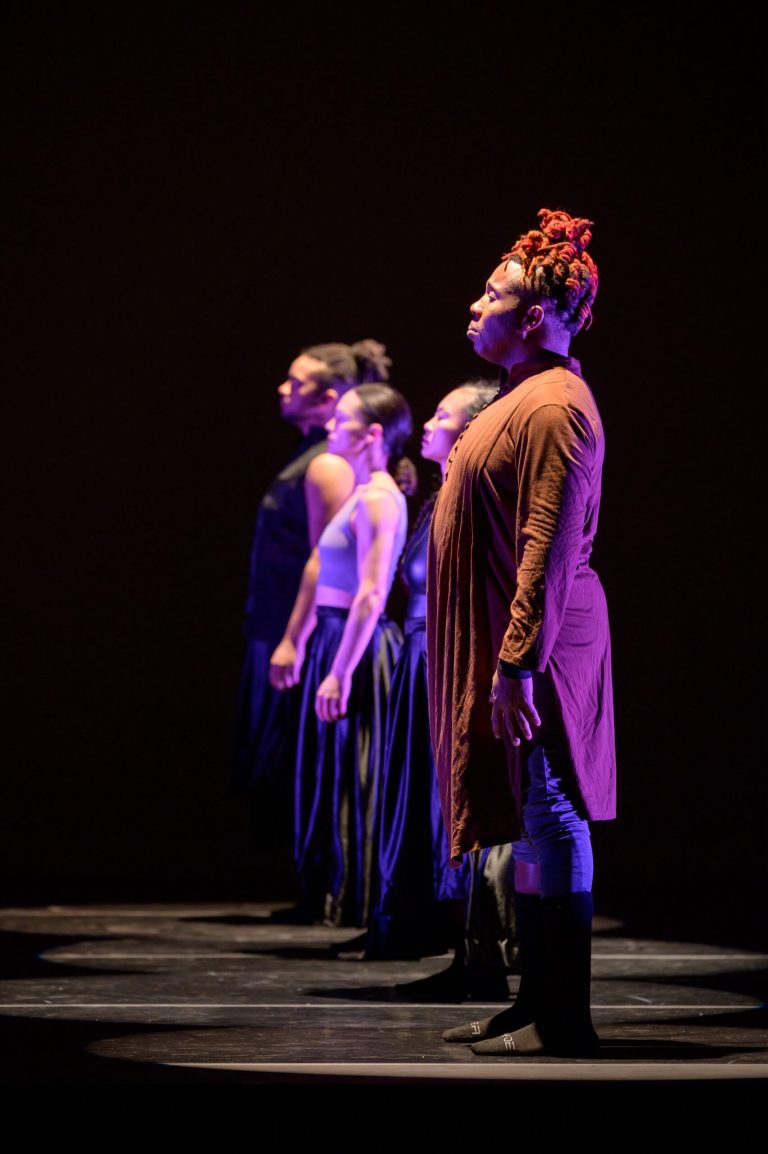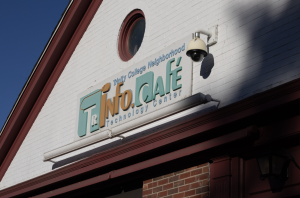Iqra Athar ’26
News Editor
On Sept. 26, 2024, Trinity College’s Center for Urban and Global Studies (CUGS) held its annual summer research presentations in the Digital Scholarship Studio Room in the library. The event started at 12:15 p.m. with an introduction by Associate Director of CUGS Gaby Nelson. Nelson outlined the proceedings and welcomed attendees to view the work of five students whose summer research was guided by faculty advisors and supported by endowed funds such as the Tanaka Fund and Grossman Global Studies Fund. The interactive format featured individual tables with screen displays allowing over 50 attendees including students and faculty from various departments to engage directly with the researchers.
CUGS supports student research that falls into broad categories such as Asian Studies, Urban Studies and Global Studies. Projects are selected based on proposal quality and available funding, with applications due by March 10. The program provides support including stipends and travel expenses, with additional funding for travel to Asia. This year, students presented research ranging from urban studies in New York to the resilience of traditional practices in Vietnam, demonstrating the wide scope of Trinity’s global and urban research interests.
Jake Loor ’25 discussed his project “Facade Fiction: Understanding Stop Question Frisk Policing in New York as Performance,” funded by the Kelter Urban Studies Fund. Loor used long-form interviews and database analysis to explore how policing acts as a form of performative politics, offering insights into state power and public interaction. Vy Sa Nguyen ’26, unable to attend in person, presented her project “Divine Devotion: Unraveling the Resilience of Mother Goddess Traditions in Vietnam” via a digital story map navigated by Gaby Nelson. Supported by the Tanaka Fund, her research applied ethnographic methods to examine the enduring cultural significance of Đạo Mẫu practices.
Kaz Osawa ’27 analyzed the impact of facade fiction on gambling laws during Meiji Japan, also with support from the Tanaka Fund. Paola Evangelista ’26 explored urban gentrification in Mexico City through her project “Visual Un-poetry,” funded by the Grossman Fund, which used social media and visual narratives to investigate its effects. Venghour Than ’25 shared insights from his project “Umbilical Cord: Art as Healing after Violence for Cambodia’s Next Generation,” highlighting how Khmer classical dance can address intergenerational trauma, an effort also supported by the Tanaka Fund.
Discussing the support structure for such research with the Tripod, Nelson explained, “In addition to funding, each student works closely with a faculty advisor, developing their research through meetings and planning sessions. Many of these projects evolve into senior theses, underscoring their academic and personal significance.” Nelson also elaborated on the funding process, emphasizing the role of endowed contributions in supporting student research. “The funds allow us to match projects with specific research themes, facilitating focused and impactful studies,” she said.
The research presentations highlighted the variety of topics that Trinity students are exploring, driven by personal interests and academic goals. Gaby Nelson emphasized that CUGS supports projects that integrate hands-on research with academic learning. For more information on the CUGS summer research program, application deadlines or to view past projects, visit the Trinity College CUGS Research and Engagement webpage or contact Gaby Nelson at gabriell.nelson@trincoll.edu.







+ There are no comments
Add yours